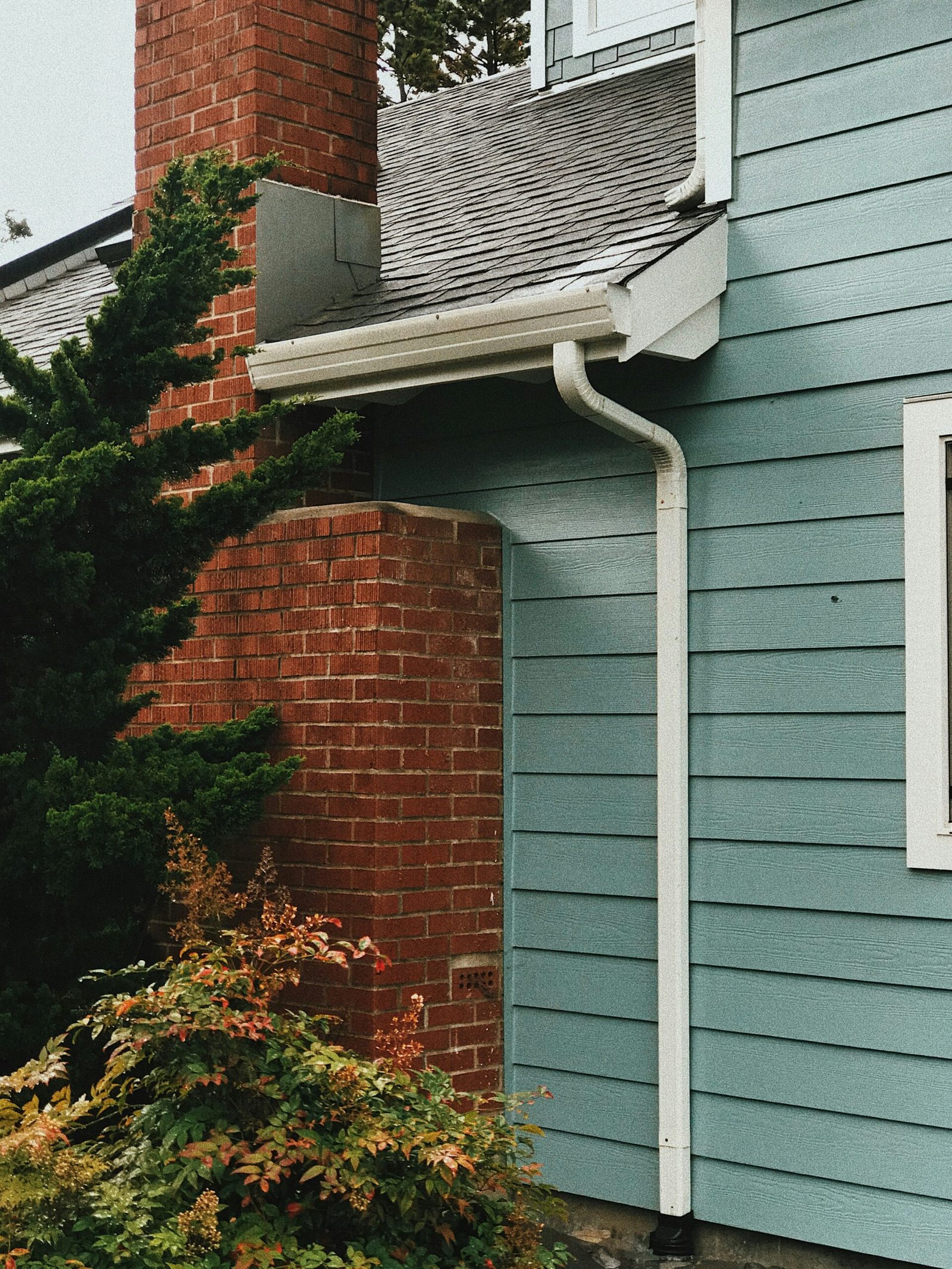
Gutters and drainage systems are often overlooked when it comes to home maintenance, but they play a crucial role in protecting your property from water damage. A functional gutter and drainage system helps to redirect rainwater away from your home’s foundation, preventing issues such as basement flooding, erosion, and structural damage. In this article, we will discuss the importance of having a functional gutter and drainage system and provide tips on how to maintain them.
Why are Gutters and Drainage Systems Important?
1. Prevent Water Damage: One of the primary functions of gutters and drainage systems is to channel rainwater away from your home’s foundation. Without proper drainage, rainwater can seep into the soil surrounding your foundation, causing it to expand and contract, leading to cracks and structural damage.
2. Protect Landscaping: A well-designed drainage system helps to prevent erosion and protect your landscaping. By directing water away from your yard, you can avoid soil erosion, which can wash away plants, mulch, and topsoil.
3. Prevent Basement Flooding: Gutters that are clogged or not functioning properly can lead to water overflowing and pooling around your foundation. This can result in basement flooding, causing extensive damage to your belongings and the structural integrity of your home.
4. Avoid Mold and Mildew: Excessive moisture caused by poor drainage can create an ideal environment for mold and mildew growth. These fungi not only damage your property but also pose health risks to you and your family.
Tips for Maintaining Gutters and Drainage Systems
1. Regular Cleaning: It is essential to clean your gutters at least twice a year, preferably in the spring and fall. Remove leaves, twigs, and other debris that may clog the gutters and downspouts. This will ensure that rainwater can flow freely and prevent any potential blockages.
2. Check for Damage: Inspect your gutters and downspouts for any signs of damage, such as cracks, rust, or loose connections. Repair or replace any damaged sections to ensure proper functionality.
3. Install Gutter Guards: Gutter guards are protective covers that prevent debris from entering the gutters while allowing water to flow through. Installing gutter guards can significantly reduce the frequency of gutter cleaning and prevent clogs.
4. Ensure Proper Slope: The gutters should have a slight slope towards the downspouts to ensure proper water flow. Use a level to check if the gutters are sloping correctly and adjust if necessary.
5. Extend Downspouts: Consider extending your downspouts away from your foundation to direct water further away from your home. This can help prevent water from pooling around the foundation and reduce the risk of basement flooding.
6. Maintain Landscaping: Ensure that the area around your foundation is properly graded to slope away from your home. This will help water flow away from the foundation and prevent pooling.
7. Inspect After Storms: After heavy storms, inspect your gutters and drainage system for any signs of damage or blockage. Clear away any debris and make any necessary repairs promptly.
By understanding the importance of having a functional gutter and drainage system and following these maintenance tips, you can protect your home from water damage, prevent basement flooding, and maintain the integrity of your property. Regular maintenance will not only save you from costly repairs but also provide you with peace of mind during rainy seasons.

